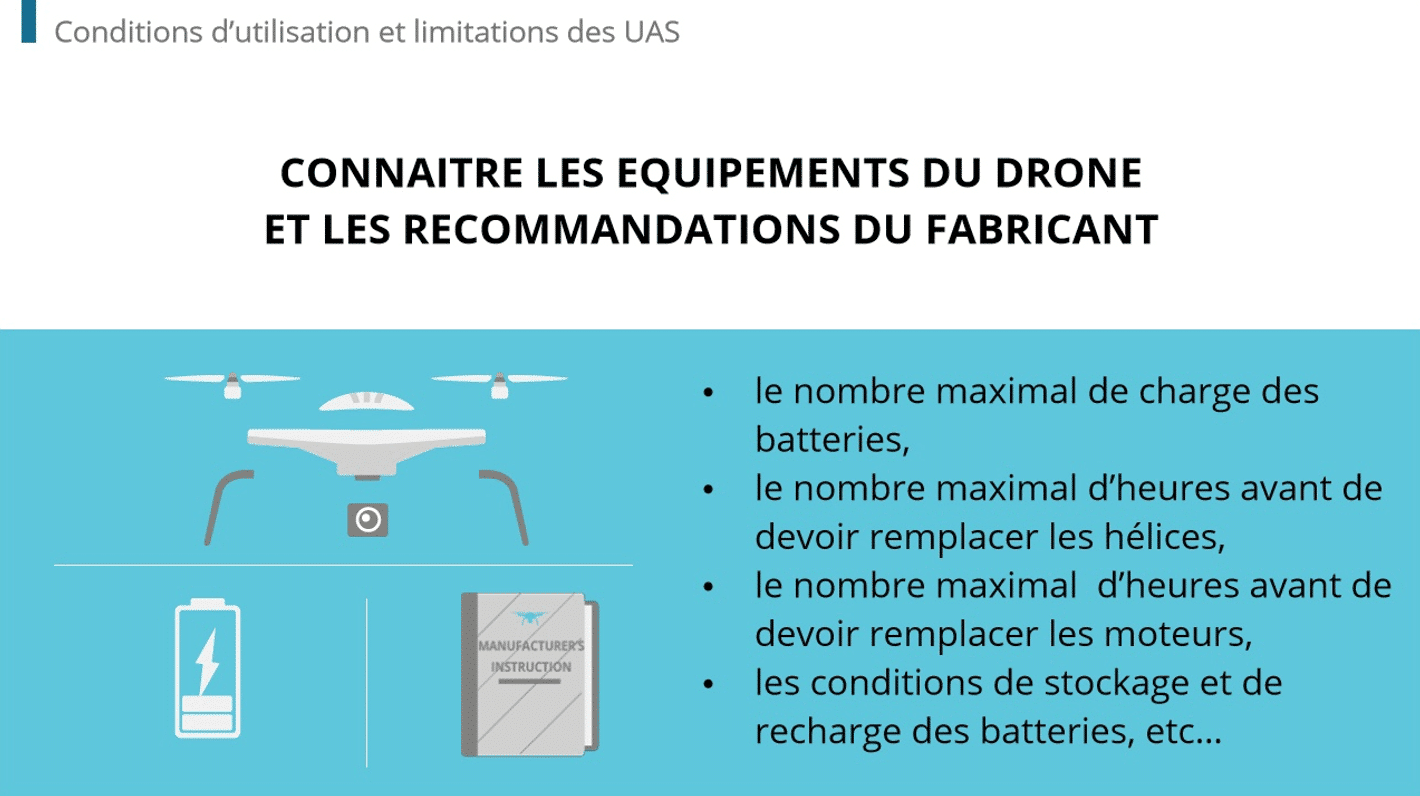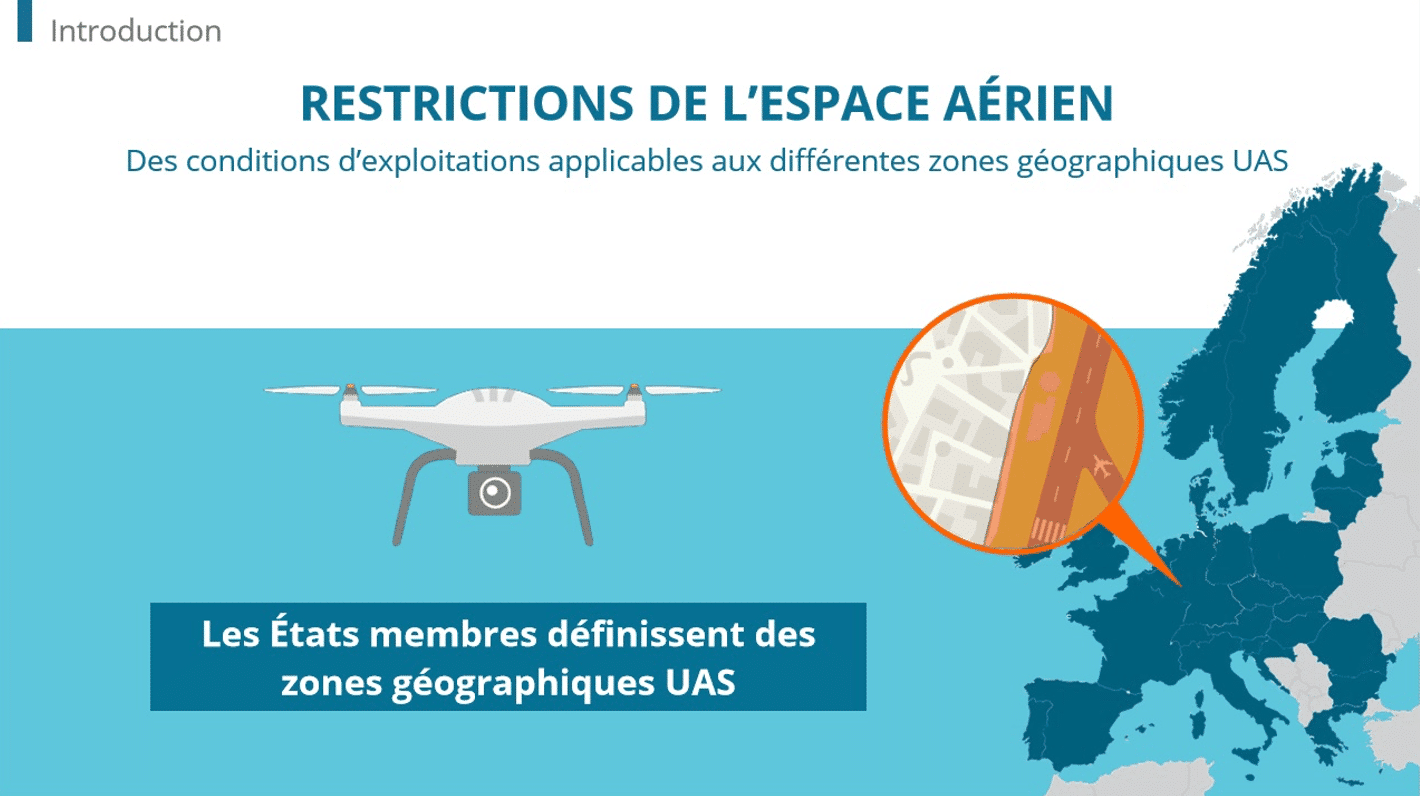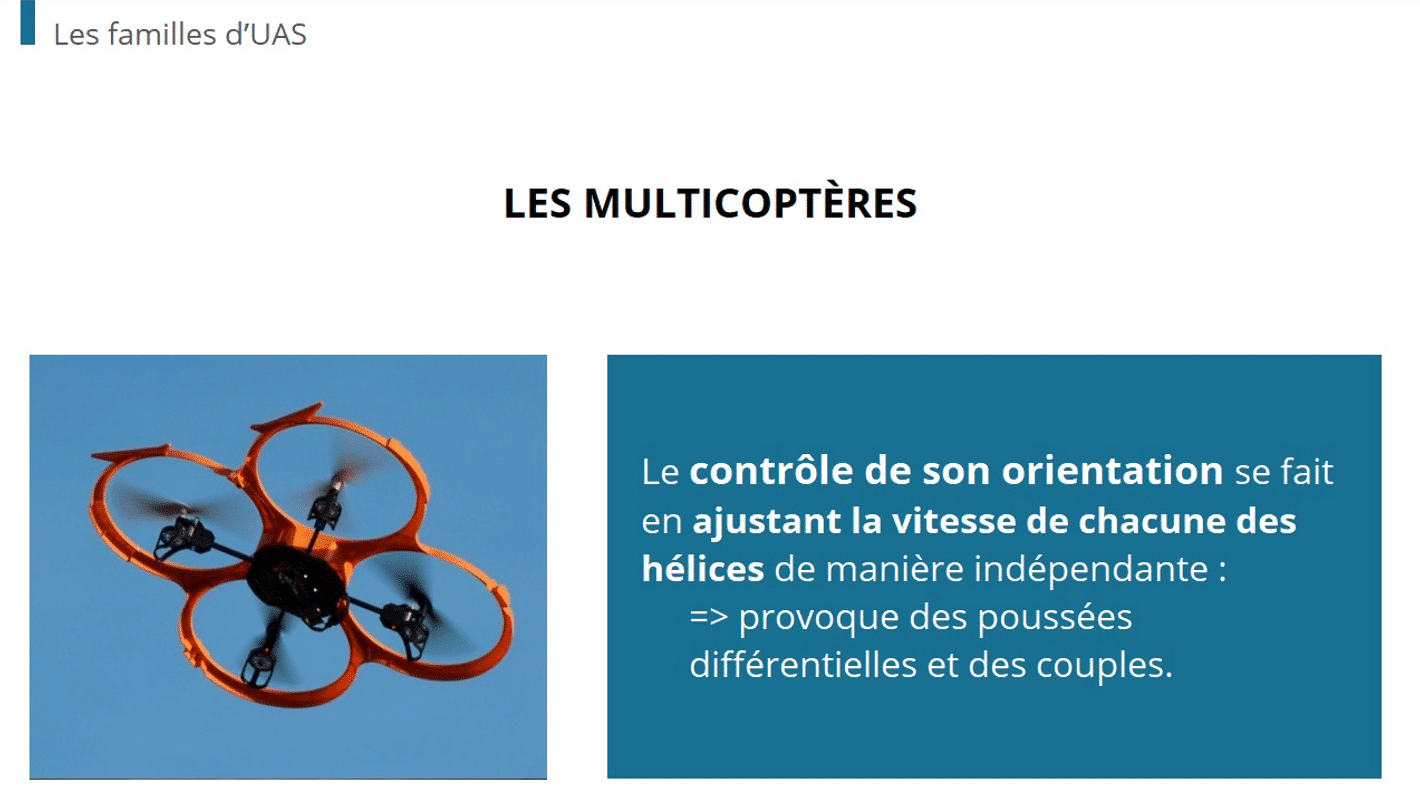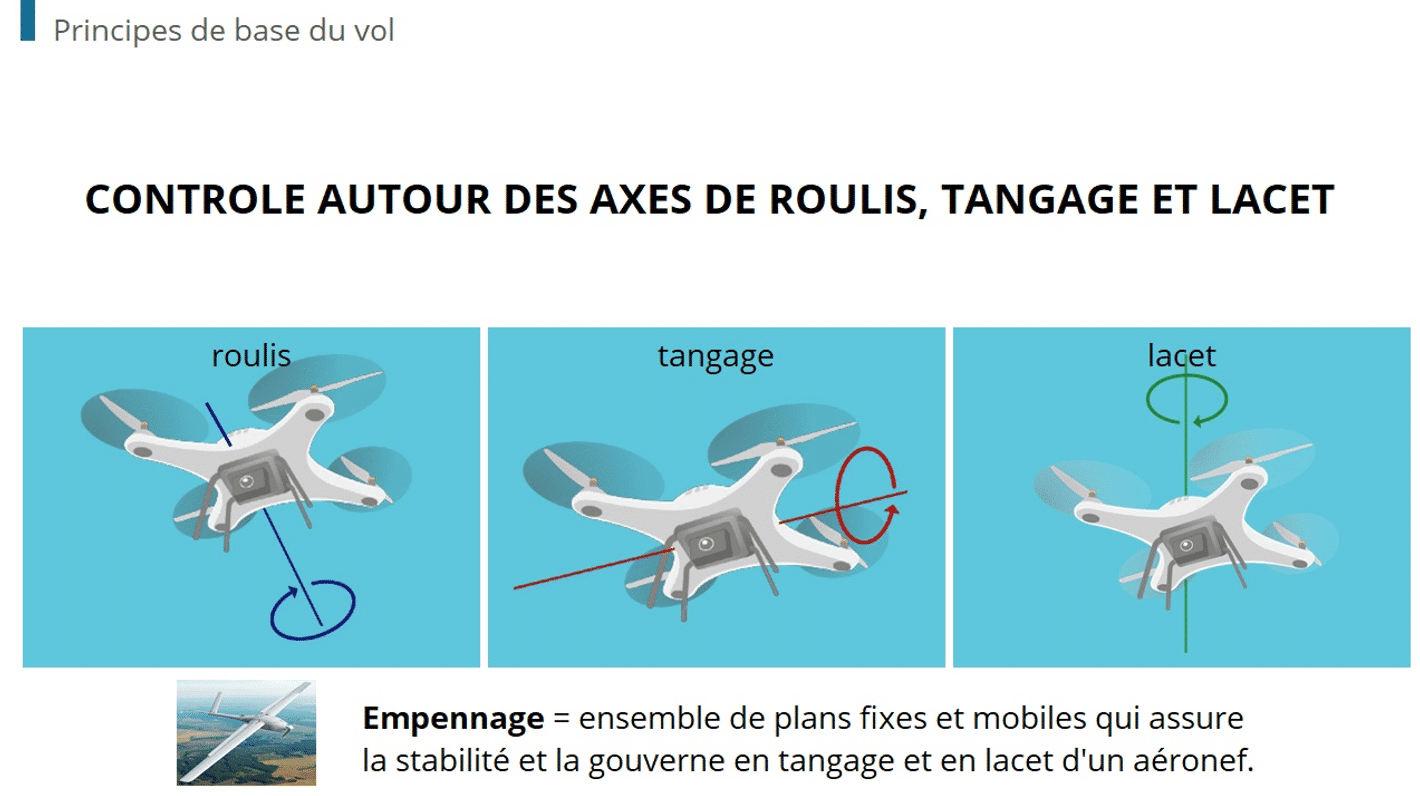Clinical trials are known to be both time-consuming and costly, with delays setting back a CRO an average of $40,000 daily. Regulatory compliance and data management are common causes of trial delays. At the foundation of data integrity and compliance is the Trail Master File (TMF). Properly maintaining these files can determine whether a drug progresses to market approval timeously or fails at the regulatory compliance hurdle. This article outlines best practices for TMF and ISF (Investigator Site File) management and explores how Dokeos LMS optimizes training and compliance for clinical trial success.
A Brief Overview of the TMF and ISF
The Trial Master File (TMF) is a comprehensive collection of essential documents (as defined by Good Clinical Practice (GCP-E6(R2)2016) guidelines) and other data that facilitate the running and managing of a clinical trial involving humans.
The TMF also facilitates efficient inspections and audits by accurately recording the entire trial lifecycle. There is no differentiation between paper and electronic TMFs (eTMFs). Therefore, you must still meet all basic requirements for both formats, including hybrid TMFs.
What is the difference between the TMF and ISF?
All TMFs for clinical trials consist of a sponsor TMF (maintained by the study sponsor) and an investigator TMF, often called an investigator site file (ISF). The ISF is maintained by the investigator and site staff; it contains essential documents and data.
It is important to separate documents generated or held by the sponsor from those generated or held by the investigator/institution. This is done to protect subject confidentiality and to help maintain the investigator’s control over the trial data. The separation of these documents is especially important to ensure information, such as unblinded pharmacovigilance details or randomization codes, is protected from unauthorized access.
The TMF and ISF would only be combined for trials sponsored by universities or healthcare institutions, where the investigator and sponsor are equal.
The Importance of TMF and ISF Management
Although the FDA does not provide specific guidance on the TMF, Article 57 of the European Clinical Trials Regulations (CTR) considers the TMF/ISF a crucial component of clinical trials that must meet the following requirements:
- Provides document identification, version history, search, and retrieval that is readily available to regulatory authorities.
- The TMF is updated quickly, and all changes are traceable.
- The content of the TMF must be sufficient to reconstruct all trial activities, decisions, and justifications.
The TMF is thus essential to ensure that clinical trials meet regulatory requirements as it provides a complete and accurate account of the trial’s management, data, results, and any corrective measures taken. When the TMF is properly managed, it becomes an invaluable asset to the clinical trials, as it provides vital insights into the trial lifecycle.
7 Best Practices for Effective TMF Management
1. Continuous training
All employees who handle or create study documents need to undergo regular training on TMF and ISF management. This training not only demonstrates adherence to compliance but also impacts the success of your clinical trial. A Learning Management System (LMS) automates training delivery, providing real-time tracking of completion rates and role-specific training paths. Thus making sure all your staff are informed and up-to-date with regulations and best practices.
2. Ensuring TMF quality through review processes
TMF quality and data integrity go beyond having the correct documents present. It means making sure that all documents are accurate, complete, uploaded correctly, and comply with regulations. A quality review process, supported by automated audit trails in LMS platforms like Dokeos LMS, guarantees that all documents are complete and uploaded correctly. The platform’s version-controlled documents with timestamps and error detection ensure you are always inspection-ready.
3. Transparent document management with an LMS
Inspectors need to have access to all relevant study documents throughout the trial. Thus, it is vital to have processes in place to ensure the timely uploading of approved essential documents and training records to the TMF. An LMS with real-time integration with your eTMF systems will ensure all training records are linked with physical TMF entries. Using automated notifications helps you avoid missed deadlines for document uploads.
4. Documenting the entire story of the study’s lifecycle
An effective TMF must reflect the entire lifecycle of the study, including any challenges faced and how you addressed them. For example, if there were any protocol deviations, include documents of additional training provided to site staff and follow-up monitoring conducted. An LMS supports compliance by ensuring all corrective actions are traceable through tamper-proof audit trails and links all your protocol amendments to mandatory refresher training.
5. Focus on essential documents and streamlining processes
Look to leverage insights from previous studies or historical bottlenecks to identify documents at risk of errors. This will allow you to implement better review practices and create better documentation. To address challenges proactively, Dokeos LMS integrates insights from historical bottlenecks and supports intelligence categorization of training data aligning with the TMF reference model. You can use predictive analytics to identify documents that may be at risk, allowing you to implement proactive solutions.
6. Enhancing collaboration across teams and vendors with training
Clear communication is vital when working with multiple partners or vendors. When consolidating TMF content, it is important to identify and clearly outline roles and responsibilities early in the study lifecycle.
7. Managing sponsor-related content for regulatory compliance
To ensure regulatory compliance across all study documents, assign responsibility and create clear timelines for when documents are uploaded to the TMF. An LMS assigns role-specific responsibilities for document uploads and provides validation workflows confirming document accuracy before uploading to the TMF.
Simplifying TMF and ISF Management with Dokeos
Dokeos LMS offers CROs a validated and integrated platform for easy TMF management and compliance. Modern features of our platform, like automated updates and version tracking, enhance your TMF transparency by creating tamper-proof audit trails, reducing non-compliance risk, and simplifying the preparation for regulatory inspections.
With built-in regulatory compliance, our platform ensures you have secure audit trials, two-factor authentication, and electronic signature management, as well as adhering to HIPAA requirements for patient data privacy.
We transform your clinical trial training with a certification management feature, providing a centralized dashboard for real-time tracking of all your study-related certificates. Our automated expiration notifications and renewal tracking reduce your administrative burdens while making sure all your study staff are up-to-date, and inspection-ready.
Optimize TMF management with the online course Management of The TMF and ISF with our partner, GxP-Training. Each learner who completes the certified course receives a dated, traceable, and downloadable certificate that is CPD/CEU accredited and 21 CFR Part 11 compliant.
Are you looking to transform your TMF and ISF management and set your clinical trial up for success? Sign up for a free trial with Dokeos LMS.
FAQs
What is the difference between TMF and ISF?
The trial master file (TMF) consists of a sponsor TMF, maintained and only accessible by the study sponsor or its CRO partner, and an investigator TMF, commonly called an investigator site file (ISF). The ISF is maintained by the study investigator at the clinical research site.
What is the purpose of the TMF?
The TMF is a comprehensive collection of essential documents that are crucial to the sponsors’ and investigators’ successful management of the clinical trial. The essential documents (as stipulated by Good Clinical Practice (GCP-E6(R2)2016)) facilitate the operational staff to evaluate compliance with the protocol, the quality of data obtained, and the trial’s safe conduct.
















